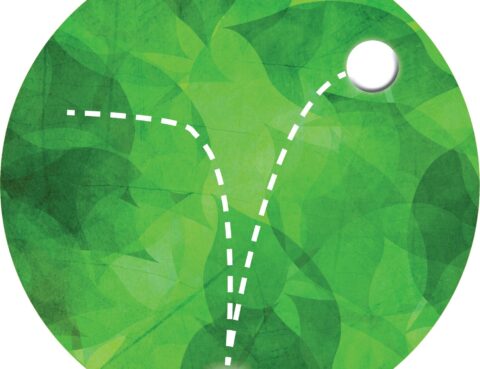
…to ask questions. And there was a lot of joyful singing, adults and children together. The fulfillment of the commandment “thou shall teach thy children…” unfolded before my eyes, and…

…giggles. I loved Miss Perkins so much that I was not the least bit perturbed to have to write a composition as a “punishment” to accompany my red slip. After…

…be used with children and teens. Unfortunately, we see many examples of children who are given complete carte blanche access to technology, with minimal supervision and without structures or routines….

…and the ability to learn from mistakes and failure – most delinquents come up short. And their brains reflect this remarkable fact. The prefrontal cortex – the civilizing mixing bowl…

…when infractions have occurred, they must also communicate through words and deed that the relationship is still intact. If behaviour or conduct has come between us, we must find a…

…it will be harder to realize my intentions. I will need to make room for the frustration that comes when I fall short. And I will need to create structures…

…come to terms with the fact that things are changing, they can’t change that fact, and change can be really, really hard! And from there might come the tears of…

…schools and have come to see that some of them cause more problems than they resolve. From a developmental perspective, I have come to see chronic “inappropriate” behaviour as a…

…certainly not inevitable. Everyone possesses the potential for resilience, but only some come to realize it. It cannot be commanded and is not a skill to be learned. Resilience is…

